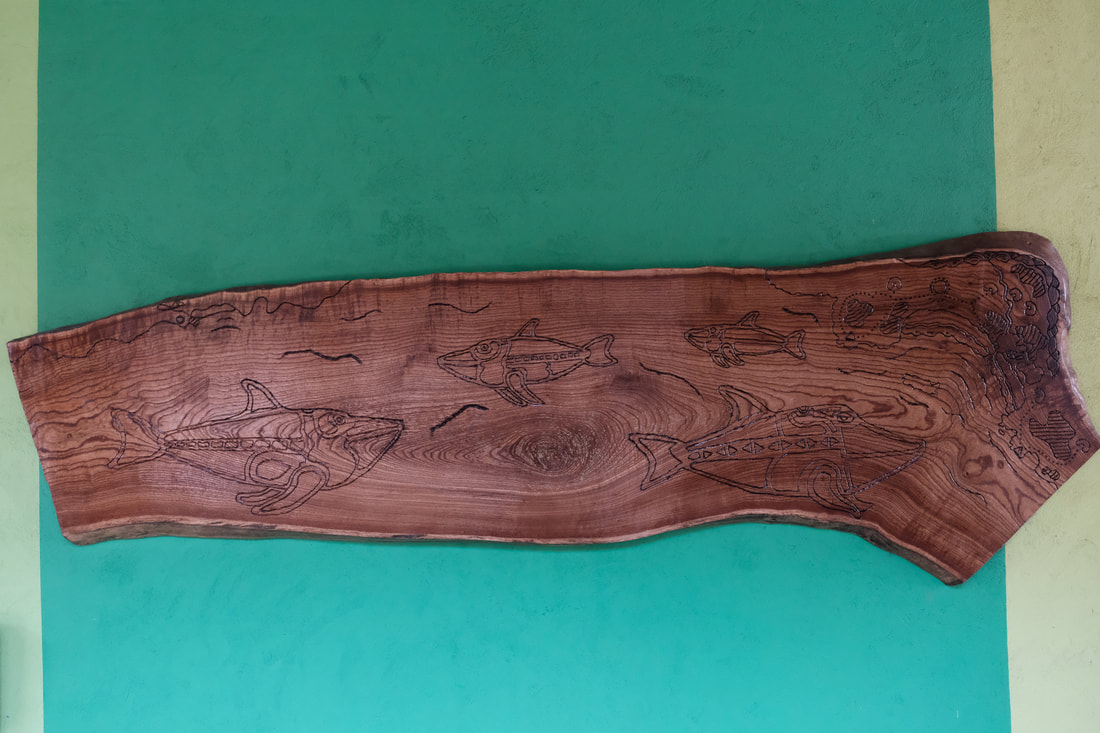|
It was a privilege and humbling experience to speak yesterday at ‘A National Act of Recognition’. The event held at Kamay Botany Bay was what I hope to be the first of many truth-telling events, bringing recognition to the historic events around ‘Captain’ James Cook.
I acknowledge the work done by Rev Lindsay McDowell who summarises below some historic, primary source documents, around Cook. McDowell describes what was “an armed attack, entry and theft – on Country … it was the first day of our shared history.” McDowell’s writing; Most people have a general knowledge that Lieutenant James Cook came to Kamay Botany Bay in 1770. And that is one of our big problems - we have a general knowledge. But how many of us know what really happened? How many are aware no less than four (4) illegal acts took place? We suggest those same actions launched against any beach village in the UK would’ve been found to be criminal offences, all those involved convicted under British laws in force at that time, and the leaders executed. To understand what happened at Kamay on 29th April 1770, Reverend Lindsay McDowell examines below an Endeavour Journal entry from the day. A quick, casual read of it may leave us unmoved, but when we study the text in a line by line, forensic scrutiny that first day was more invasive than we think: 1. ‘They remained resolute so a musquet was fird over them … A Musquet loaded with small shot was now fird at the Eldest of the two … (and) … we landed on the rock.’ - This was an armed attack and entry against the Gweagal people - on Country - a criminal offence. 2. ‘Two more musquets with small shot were then fird at them on which the Eldest threw one more lance and then ran away as did the other.’ James Cook and the Endeavour crew terrorised inhabitants into fleeing their property. Firstly, forced to flee the beach, families then fled from their homes in the village – a criminal offence 3. ‘We went up to the houses, in one of which we found the children hid…’ This is a clear admission of armed trespass around very private property – a criminal offence. 4. ‘We thought it no improper measure to take away with us all the lances which we could findabout the houses, amounting in number to forty or fifty … all except one had four prongs …’ These were fishing spears! Lt. Cook and the Endeavour crew stole Gweagal food harvesting equipment – all they could find!!! A clear admission of armed robbery – a criminal offence. There is a fifth line in the Endeavour Journal, written in Joseph Banks’ own hand that explains their underlying collective attitude toward these 4 criminal acts. This fifth line reveals the British thought they could do this to people – with no accountability: ‘We however thought it no improper measure …’ Where were their heads??? This account of day one of our joint history took place at the gateway into the country. The Truth Telling it reveals should leave every fair minded Australian deeply disturbed. The point of that 1770 April day? It set the stage for what was to come almost two decades later. It set the trajectory for the stealing of land – and the unspeakable evil of killing the legal possessors to get it. There has never been public accountability for the 4 crimes listed above. Common sense tells us no-one living now can be blamed for actions by our forebears 252 years ago - or even 100 years ago. We who are alive now however, could choose to take ‘collective responsibility’ for stains on our nation’s past. Truth Telling - the Recognition Way, will genuinely help the Australian people do that. We will place all early records under national scrutiny and publicly denounce these unacceptable wrongdoings. .......................... As educators we must hold the History Syllabus to account. As a primary student in the 1970s I idolised Cook. Today, me must ensure that comfortable and convenient truths do not enter the narratives and story telling of our teachers.
0 Comments
Leave a Reply. |
claremont.nsw.edu.auarchives
June 2024
categories |


